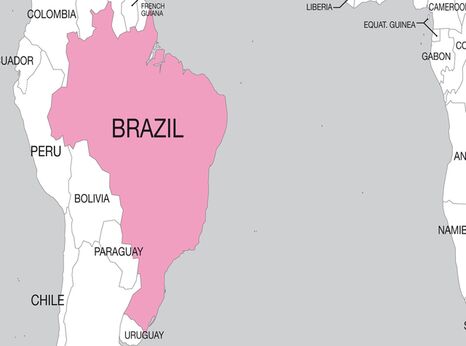Brazil: Investigate mishandling of the pandemic

Just over a year after the World Health Organization (WHO) declared the global health emergency, Brazil continues to beat records in terms of lethality. More than 600,000 people in Brazil had their lives interrupted by Covid-19 and by the disastrous management of public authorities in fighting the pandemic, a number that should only increase in the coming weeks. In addition to the perverse effects caused by the denialist discourse and the insistence on "early treatment", the collapse of the health system and various obstacles placed on mass vaccination attest to the implication and responsibility of public authorities for the affliction that the population has been living and yet are seeing worsening.
This scenario becomes even more serious in a country like Brazil, marked by deep inequalities, systematic attacks on public services and on the set of constitutionally provided rights. The pandemic has disproportionately impacted historically discriminated groups, who in addition to suffering violations to their rights to life and health, have been living with the growing precariousness of their means and conditions of existence. The health crisis we face is, above all, a human rights crisis. It is the State's duty to take effective measures so that these rights are guaranteed in an integral and equitable way to the entire population, but this duty has been deliberately neglected.
In response to the actions and omissions of the public administration in the disastrous management of the pandemic, the Federal Senate instituted in late April the Covid-19 Parliamentary Inquiry Commission. The Commission, although it has no power of trial, produced a final report indicating to the Attorney General which crimes possibly have been committed and who should be held accountable. Now, the Attorney General, Mr. Augusto Aras, has 30 days to decide to launch an investigation or not.